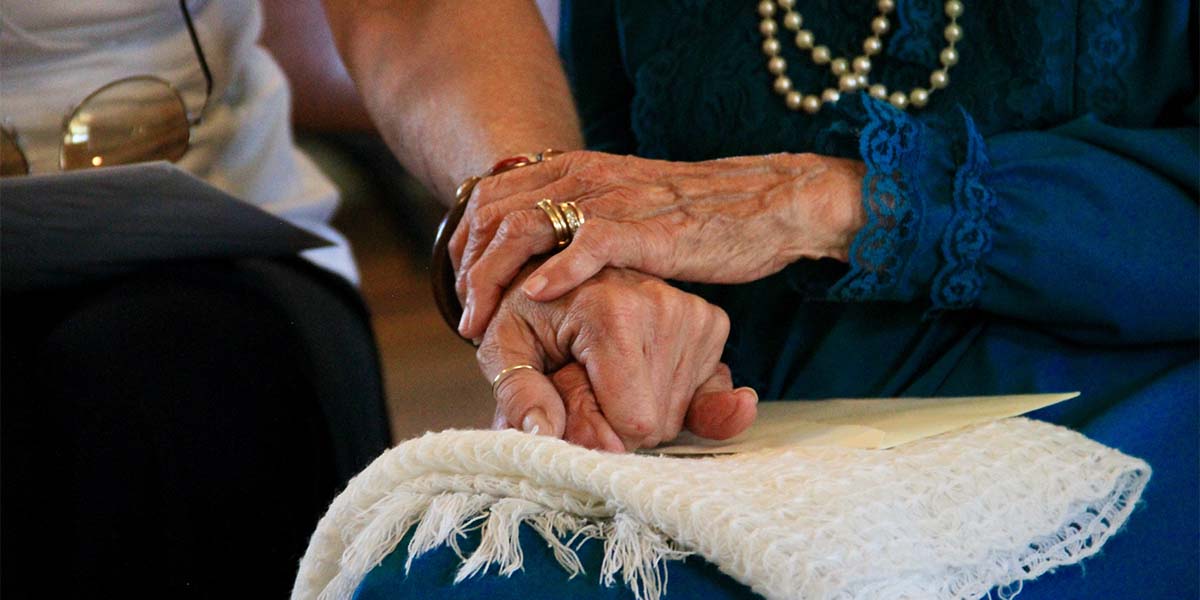
Counseling After Cancer
Counseling for cancer patients may not be part of an oncologist’s or primary care provider’s regimen, but they are highly likely to ask about symptoms of depression and anxiety and to recommend people with cancer and chronic illness seek help from a counselor, social worker, or psychiatrist. More than 1.6 million new cases of cancer were reported and more than 600,000 people died from the disease in 2020, the most recent year statistics were available from the Centers for Disease Control and Prevention. Fortunately, advances in diagnostic screening measures and innovations in immunotherapy and targeted therapies mean more people are living longer, healthier lives after a cancer diagnosis. However, surviving a life-threatening disease may lead to major changes in one’s focus on mental health. Facing one’s own death can crystallize goals for the future and may require learning how to set boundaries and establish new ways of communicating with partners or families. Cognitive behavioral therapy in particular has been shown effective for treating symptoms that manifest during the cancer treatment journey (as detailed in this study from Frontiers in Psychiatry 2022),
Survivors’ Feelings
During treatment, feelings of fear, pain, and worry may dominate, but after treatment, survivors may still experience anger, frustration and depression. Treatments or continuing medications may also contribute to brain fog, neuropathy, pain, and side effects (including sexual side effects and emotional volatility) from cancer treatment or from continuing required medications.
Cancer survivors may be filled with anxiety, worried about a recurrence, overprotective of their children, or concerned that the path they have chosen (prior to being sick) is the wrong one. Surviving can extend deep gratitude, but may also bring up questions about the future. If issues presented in relationships prior to a cancer diagnosis, they may still be present, or the experience could manifest in new ways, and counseling or skill building may be essential to strengthening core values and communication skills.
Our experts offer these tips:
1. Give yourself space and time to heal. Wherever you are on your journey, from initial diagnosis to full year of remission, your mind, body and soul have been through a traumatic time. It’s ok to rest, to meditate, to close the bedroom door and hide for a little while. Your body isn’t the same, and you may not be the same either. Take time to find peace with your new normal. Whatever that is. And don’t feel guilty for a second about creating personal space. It doesn’t mean you’re ungrateful for the love and care you’ve received. Everyone deserves time alone.
2. Manage your fears. Hospital visits may both cause fear of recurrence and relieve it. The anticipation leading up to an appointment can hit a fever pitch, particularly if it involves radiology scans or invasive lab tests. But the reassurance of an entire oncology team, reduced to checkups every 6 months, can feel like a let-down. Talk about your fears with a fellow survivor or trusted friend.
3. Stop putting your life on hold. During treatment, people may find enough energy to manage basic responsibilities, but just staying alive can consume all a person’s resources. During recovery, find time to dream about the future and start making plans to make those dreams a reality, even if it’s small steps, like buying a travel guide or researching airfare costs for a destination you’ve always wanted to visit. You know more than anyone how precious time is. You can take care of your health and still eat dessert first once in a while.
4. Take a moment to reflect on your successes. You may have tapped into talents or resources you never knew you had, or you may have showed a vulnerability that you had never dared expose. Self-care and self-awareness may require different things in your life now. This experience has most likely changed you, so take time to meet the person you are now and find out how to give that new person gratitude and respect.
Your path to survival has been a hard-earned journey. It’s a lot to sort out on your own, and it may be impossible for those who love you to understand exactly how complex your experience has been. Support groups are filled with people who can empathize, but if you need a more one-on-one tailored approach, find one of our Lifeologie counselors who specializes in working with people with chronic pain and life-altering illnesses here.

About Lifeologie
Lifeologie Counseling was founded in 2000 with one goal in mind — to bring a fresh, innovative approach to the everyday problems of life. Creative solutions to stuck problems®. With our unique multi-specialty, collaborative approach, Lifeologie Counseling helps individuals and families heal their wounds and break out of old, unhealthy patterns.




